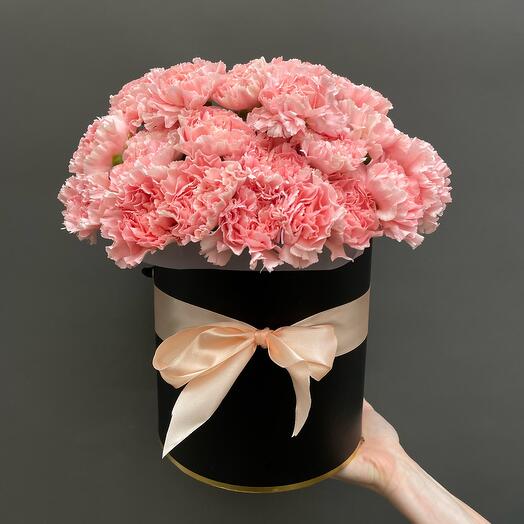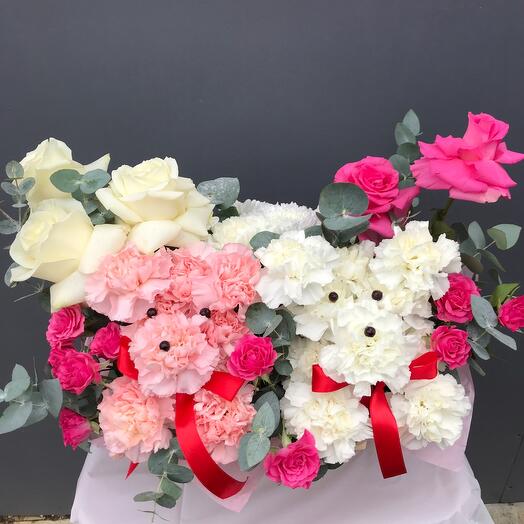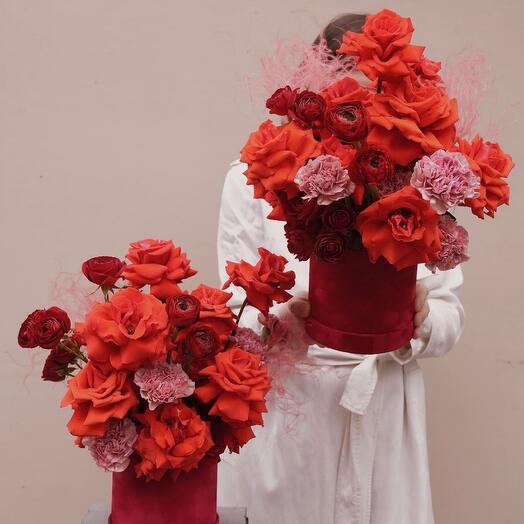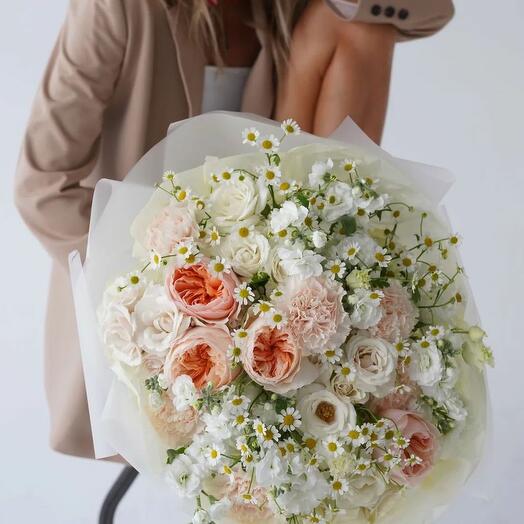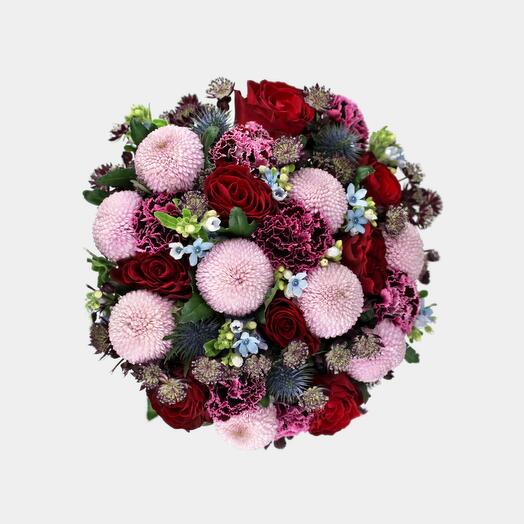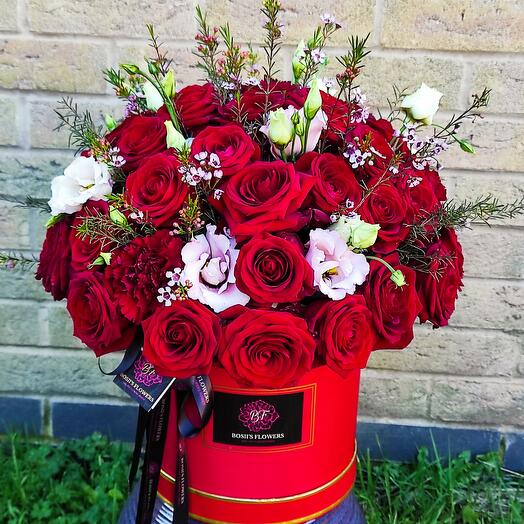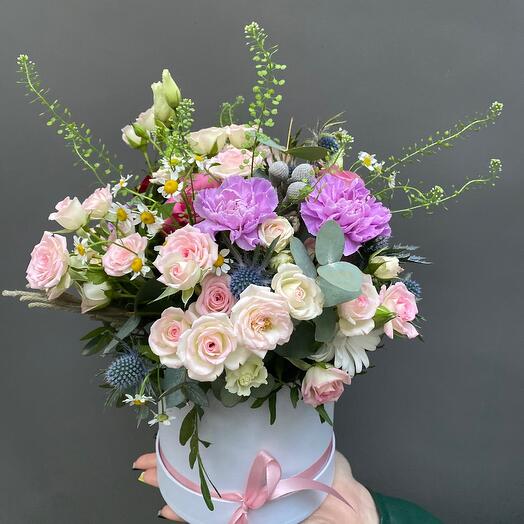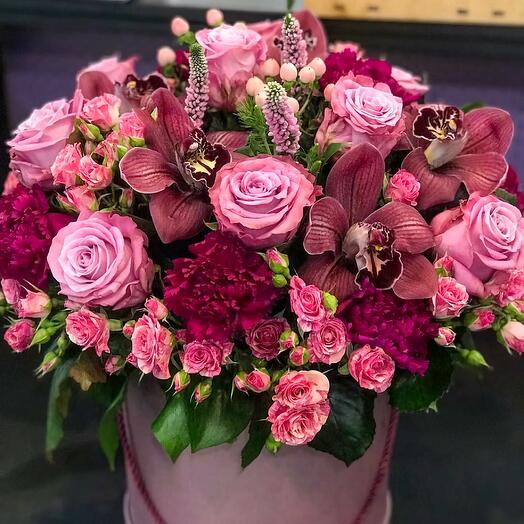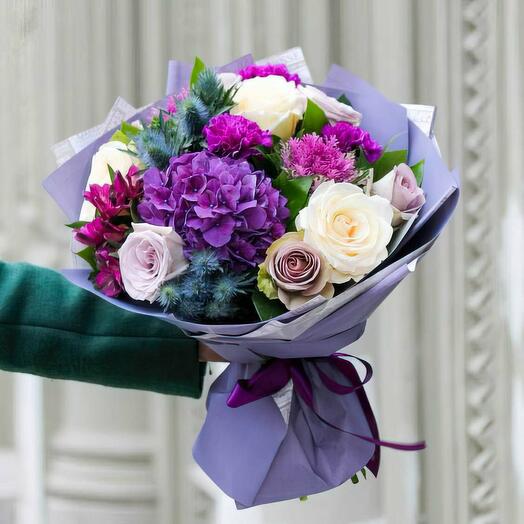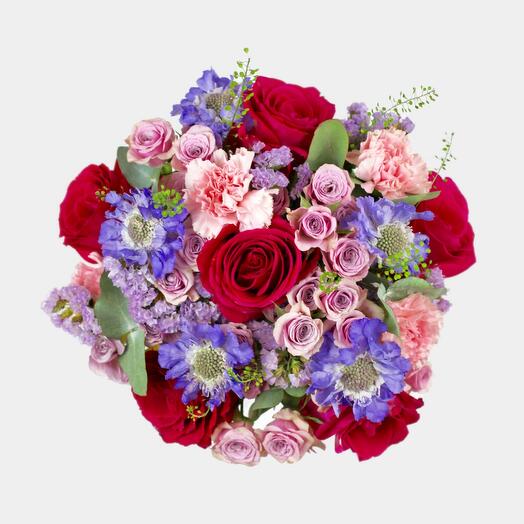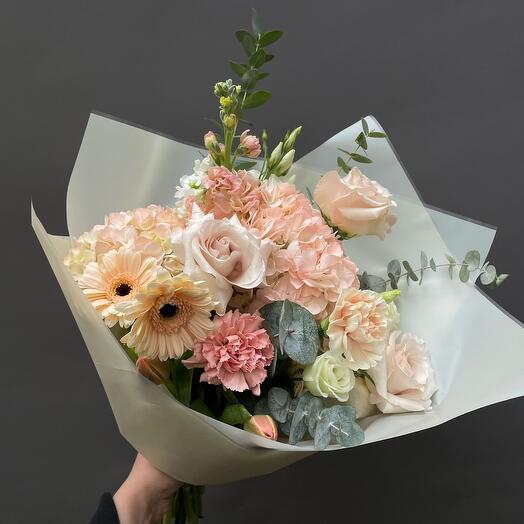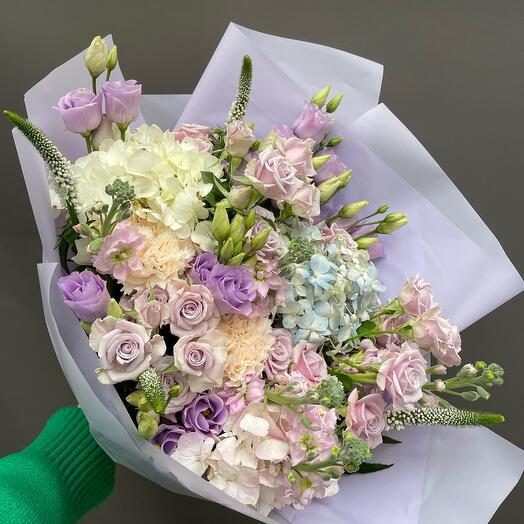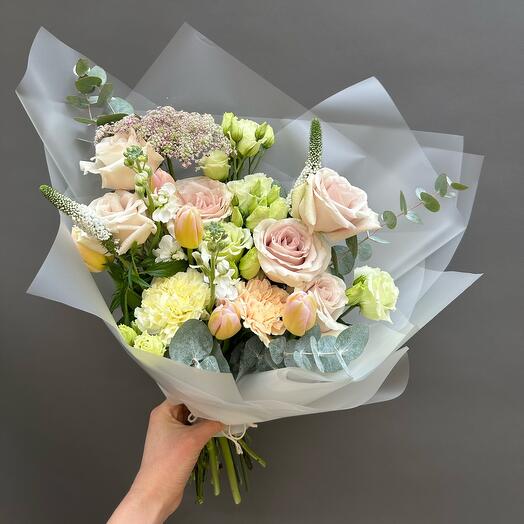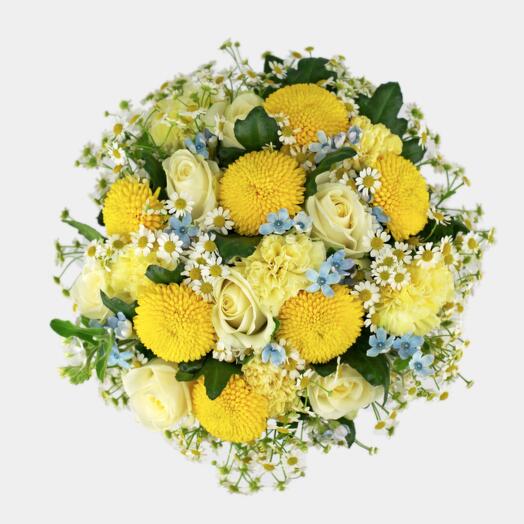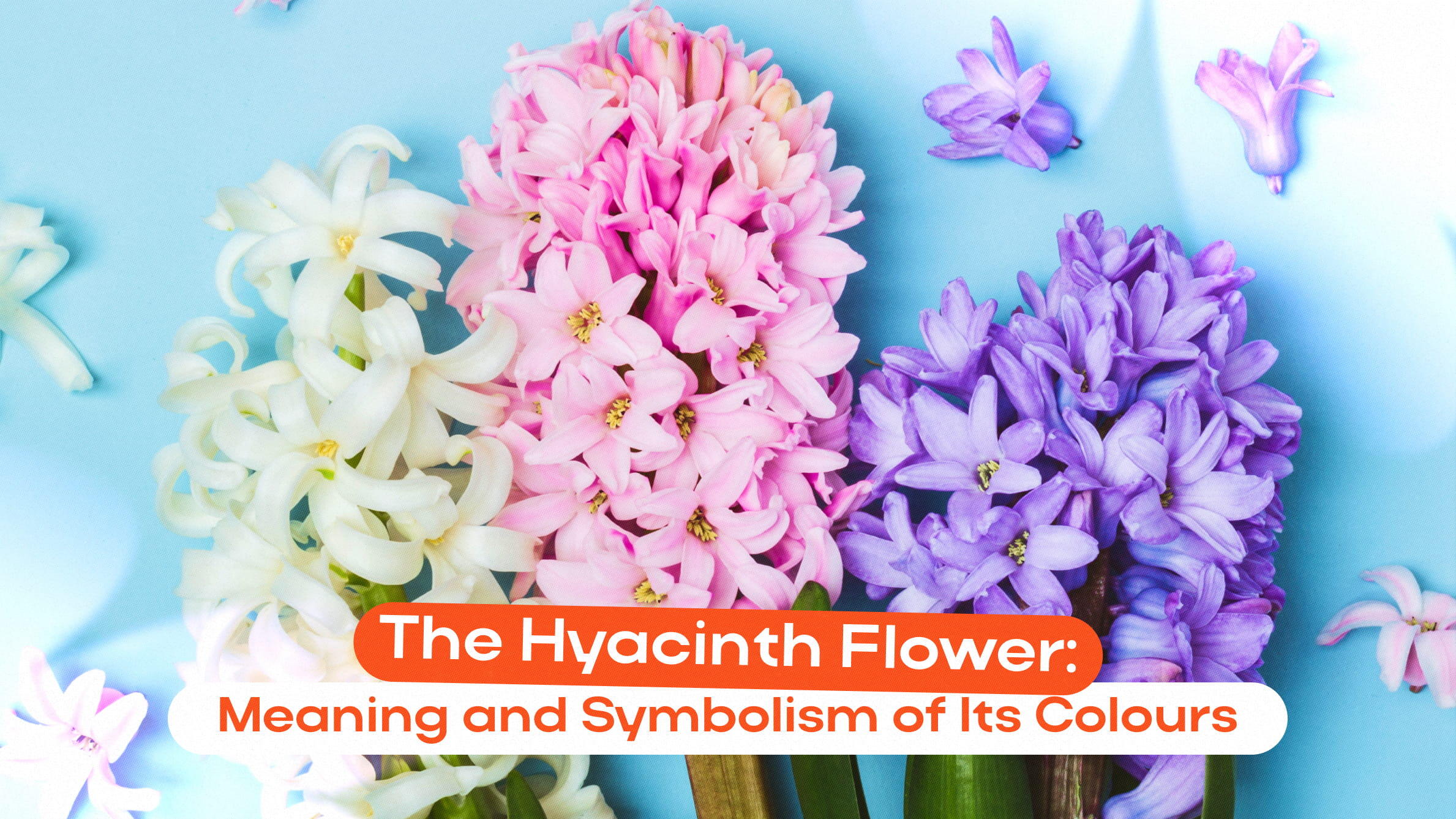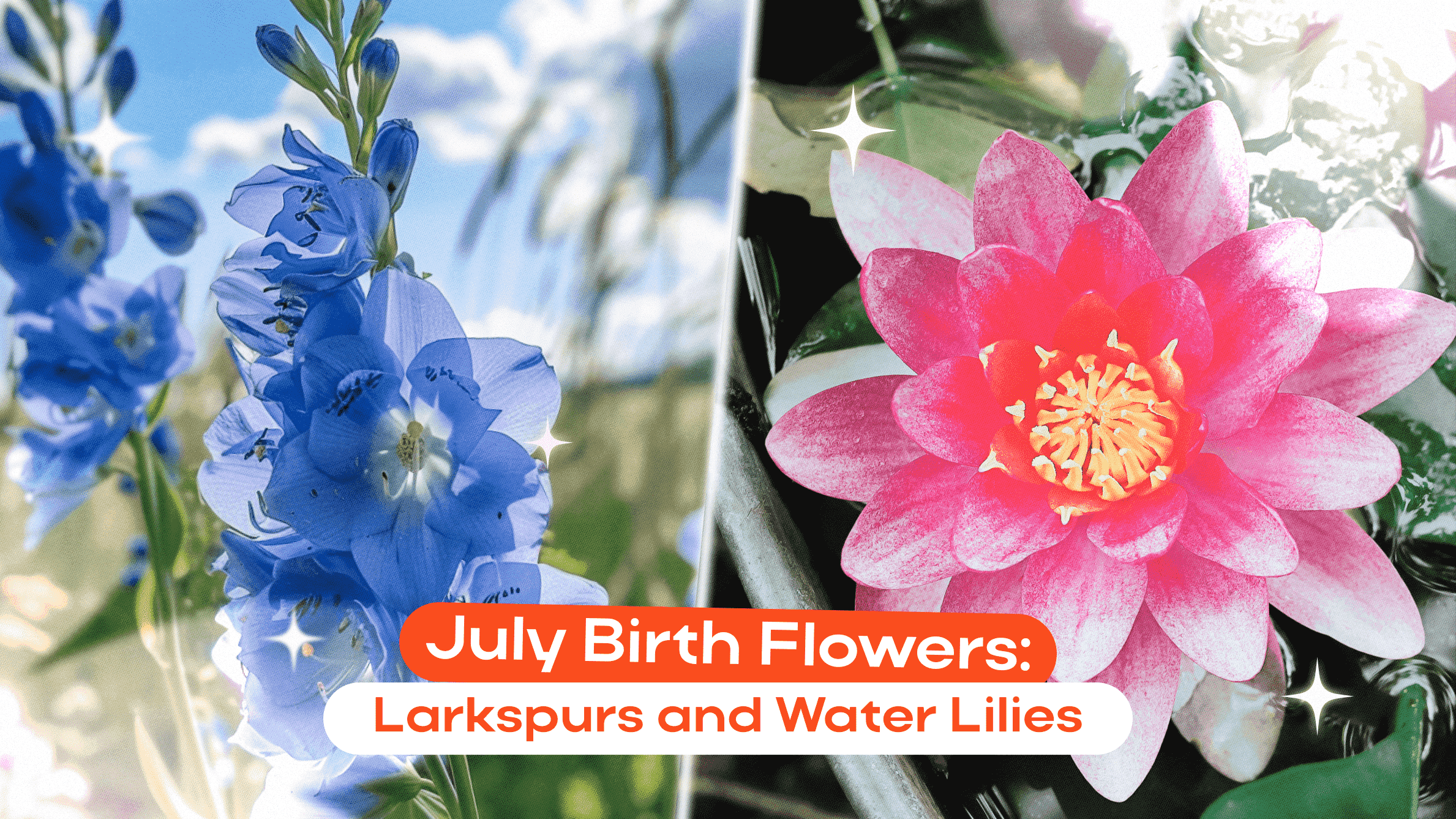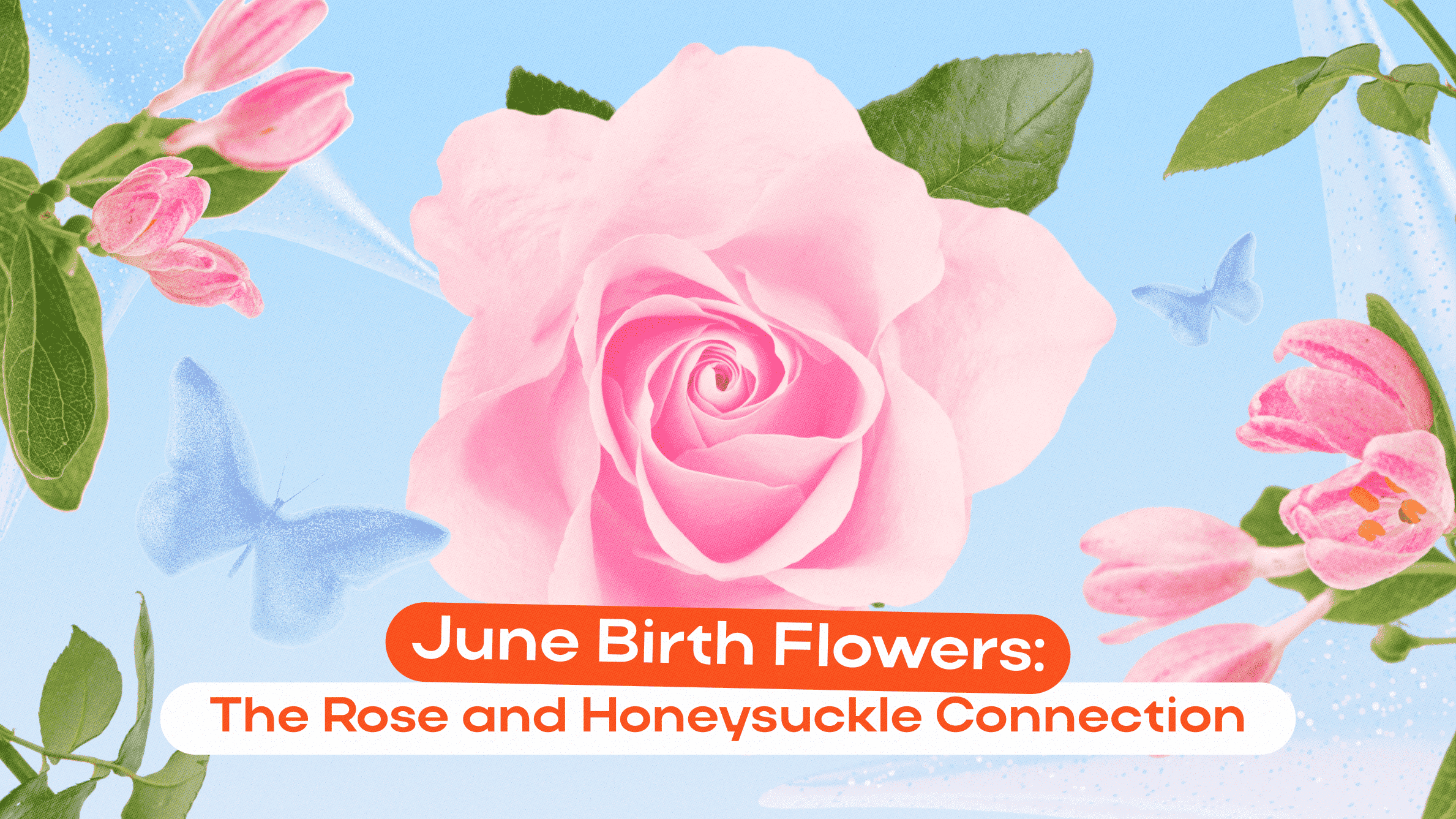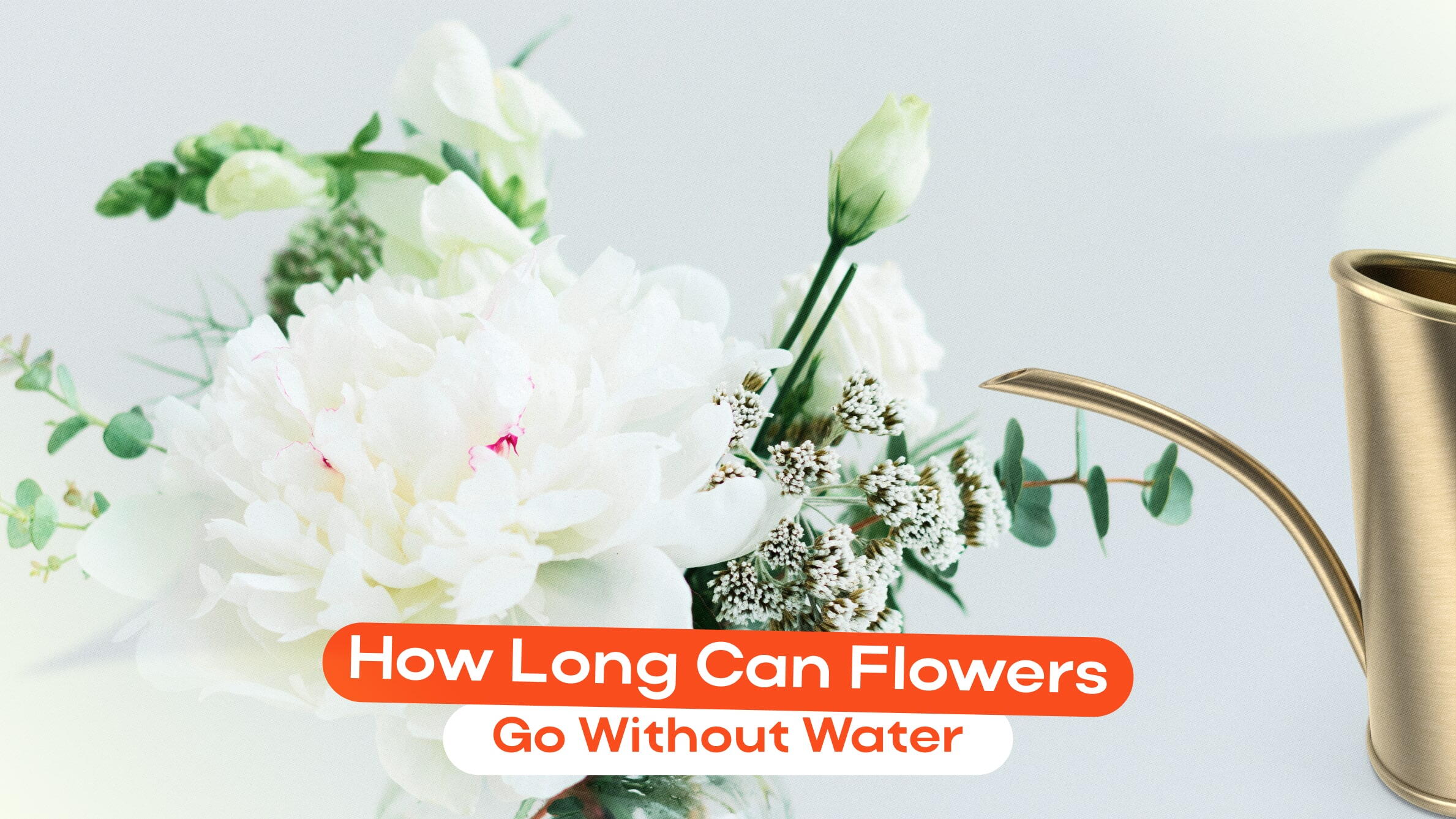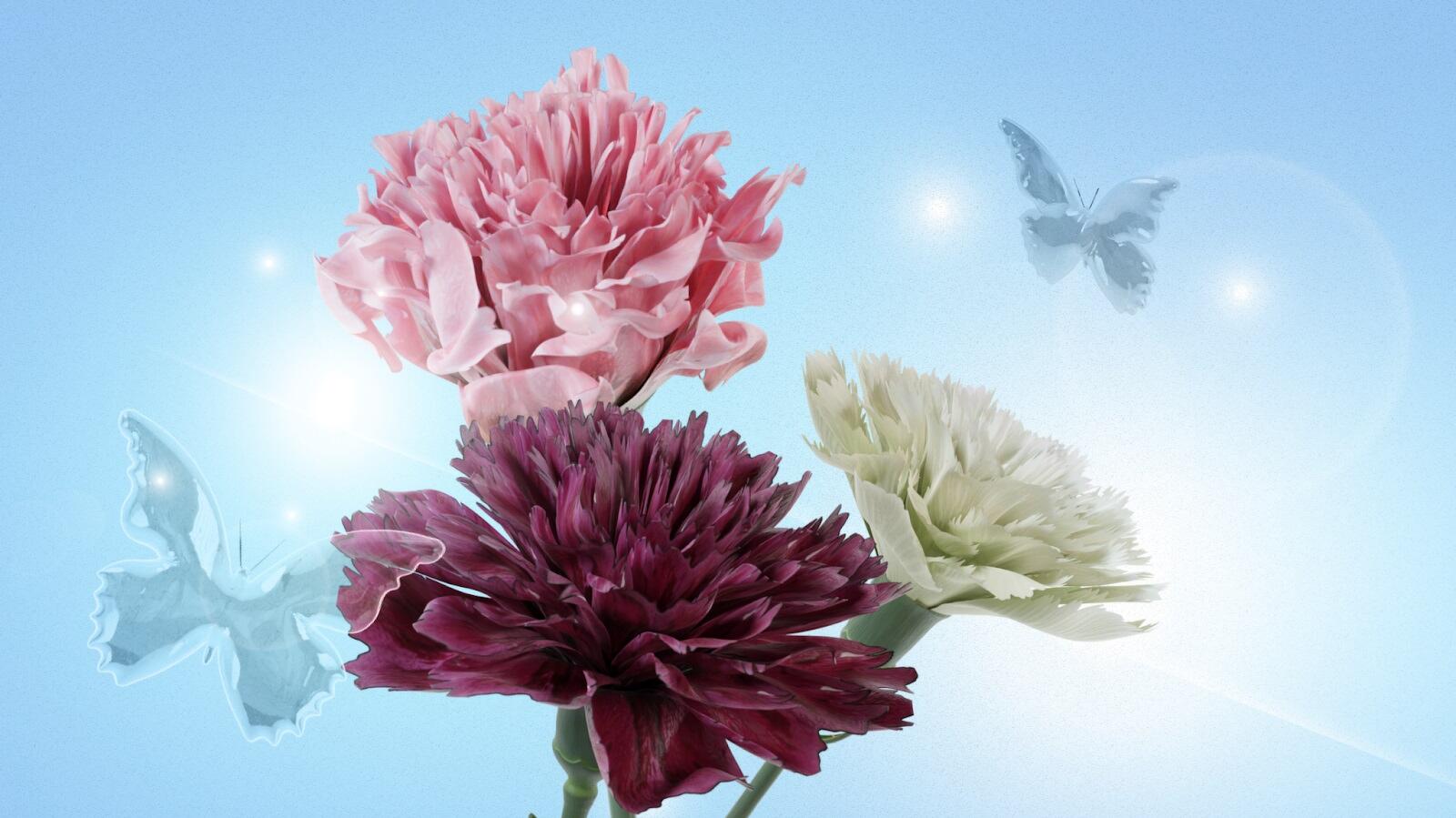
In the world of countless blooms, the carnation stands as a mesmerising sentinel of meanings. Its delicate petals hold secrets of affection, luck, and respect, each assigned a captivating hue. On this floral journey, let’s venture through the enchanting realm of carnation flowers’ symbolism, their origins, and the stories they tell through colours.
What Do Carnations Symbolise?
Nature’s palette of emotions often finds its expression through flowers, helping us convey countless sentiments. When it comes to carnations, their exquisite blossoms have been capturing the human imagination for numerous centuries, serving as symbols of undying love, fascination, and admiration.

How Did Carnations Get Their Name?
The word “carnation” comes from the Latin word “carnis,” which, in modern English, means “flesh.” The etymology reflects the appearance of this blossom, whose hues are most often red. On the other hand, its scientific name, Dianthus, is based on a phrase from the ancient Greek language, translated as “heavenly flower.”
Where Do Carnations Originate from?
Native to the Mediterranean, carnations quickly spread to different parts of the globe, and they maintain immense universal popularity today. Dating back more than 2,000 years, mentions of this blossom first appear in Greek and Roman literature. These flowers have graced gardens, celebrations, and artistic creations across cultures and epochs.
Carnation Flower Meaning by Colour
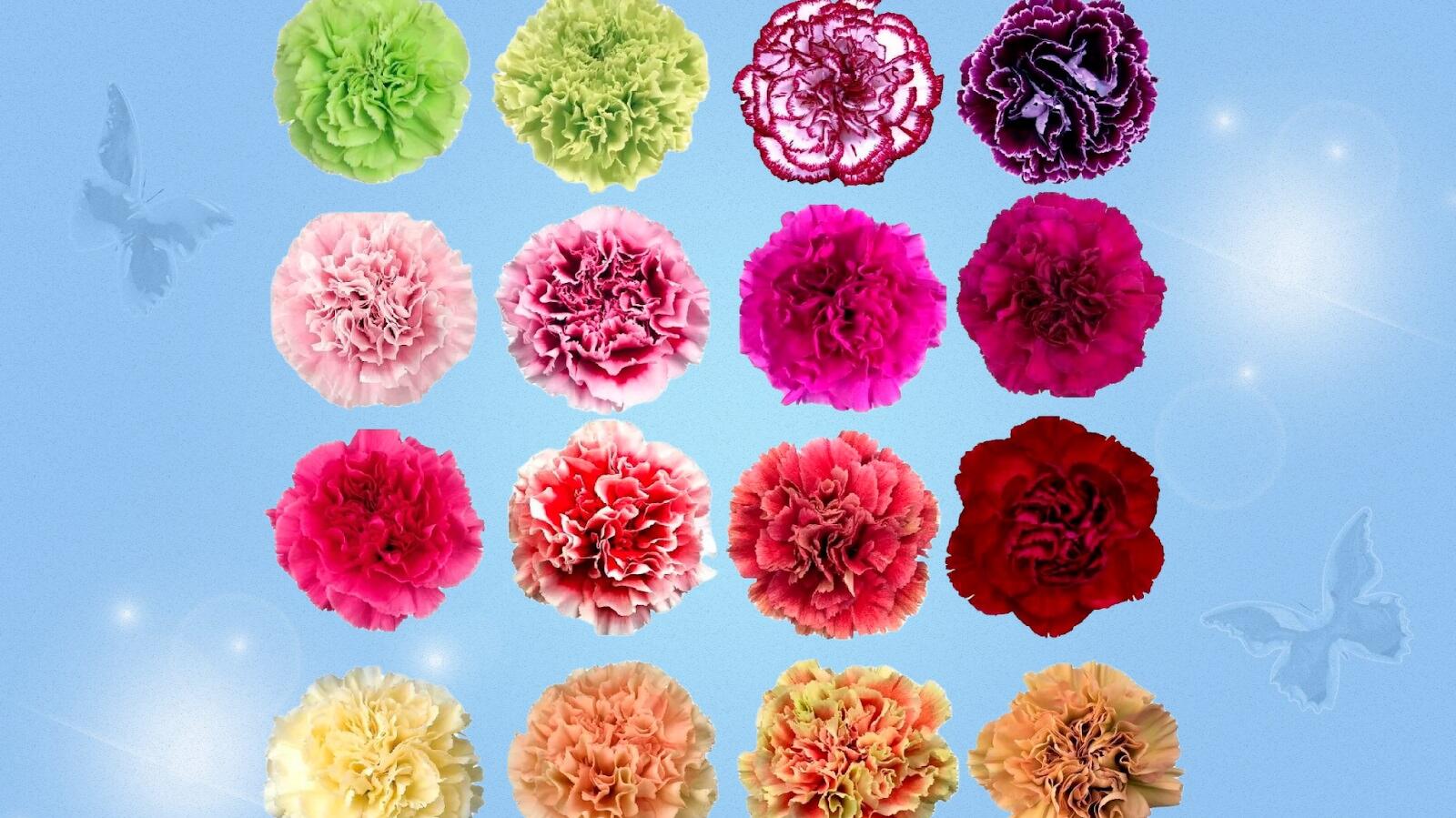
White Carnations
White carnations embody an innocent and pure soul, as well as devotion and luck. Often seen at wedding celebrations, they symbolise the couple’s loyalty and can wish luck for the journey ahead.
Red Carnations
Red carnations serve as the universal symbol of strong passion and admiration. They evoke affection, which is perfectly fitting for those times when you need to express strong romantic feelings.

Purple Carnations
Purple carnations are all about the volatility of human emotions. They carry an air of whimsicality and can signify changes in life or a person’s unpredictable nature.
Pink Carnations
Pink carnations embody the mother’s unyielding love. They are frequently presented at Mother’s Day events, helping thousands of people demonstrate their gratitude.
Yellow Carnations
Yellow carnations radiate joy and friendship. They symbolise the warmth of companionship and are exchanged among friends to celebrate a blissful relationship.
Orange Carnations
Orange carnations capture the spirit of fascination and enthusiasm. When you wish to applaud someone’s energetic and magnetic personality, it’s the go-to hue.
Green Carnations
Green carnations are synonymous with St. Patrick’s Day and the celebration of Irish heritage. Rare both in nature and in flower shops, they tend to represent good fortune.
Interesting Facts About Carnations
- The founder of Mother’s Day, Anna Jarvis, suggested that pearl-white carnations should represent this holiday because they allude to the endurance of mother’s love.
- Red carnations became essential for the Worker’s Rights movement in the early 20th century. Chosen to commemorate International Workers’ Day, they still signify the struggles encountered by labour movements.
- After being cut, they can remain fresh for almost three weeks, which is why they are a beloved choice for decorative arrangements.
As you explore the captivating carnations and their meanings, remember that each colour holds a unique story. These flowers, with their fascinating history and a vibrant array of meanings, continue to infatuate and connect people across time and space.
FAQ
Why is the carnation called “the flower of God”?
This name is a blend of the Greek words “dios” and “anthos.” “Dios” signifies the god Zeus, while “anthos” translates to “flower”. Hence, the carnation is designated the “Flower of God.”
Do carnations have a special meaning?
Yes, carnations hold special meanings, which vary depending on the colours. Such hues can convey ideas of love, purity, and friendship.
Are carnations funeral flowers?
Yes, they are perfect funeral flowers, symbolising love and remembrance for the deceased.
Are carnations good luck flowers?
Certainly, these flowers are the ultimate symbols of protection from evil spirits and good luck.
Why are carnations used at funerals?
This tradition stems from their association with love and profound emotions; carnations offer comfort and sympathy to grieving families.
What is the myth of carnations?
One myth traces carnations back to the Virgin Mary. After the crucifixion of Christ, Mary shed tears, which created wonderful red flowers upon touching the ground. Another myth originates from ancient Greek mythology and tells the story of a shepherd who became deeply enamoured with Diana. When the woman misled him with unrequited affection, the young man succumbed to his sorrow, and it is believed that his tears gave rise to white carnations.
What do carnations attract?
Carnations attract pollinators like bees and butterflies due to their nectar-rich buds.
Why do people wear red carnations?
The most common reason is to demonstrate respect, love, and affection for close people, which is essential on special occasions.
What colour carnation is for a deceased mother?
White or cream-coloured carnations are the ultimate gift for a mother who has passed away.
What does the carnation flower mean in the UK?
In the UK, the meanings of the carnation flower are traditional: it’s love, admiration, and appreciation. However, this symbolism highly depends on the colour.
Are carnations a good gift?
Of course, carnations can be a thoughtful and meaningful gift, especially if you choose the recipient’s favourite colour and an appropriate message.
Are carnations a romantic flower?
Yes, carnations are highly romantic flowers, particularly red ones, which symbolise strong love bonds.

